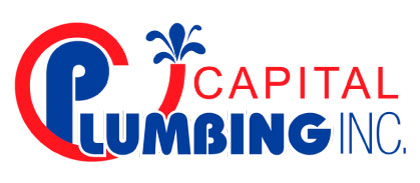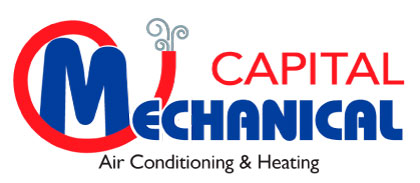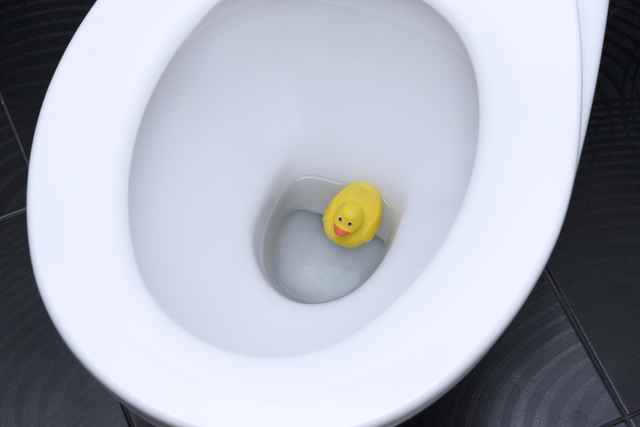Sewer backups are not only unpleasant but can also pose significant health risks and cause extensive property damage. Understanding the causes of sewer backups and implementing preventive measures is crucial for maintaining a safe and functional home environment.
Common Causes of Sewer Backups
Clogged Pipes
Flushing non-flushable items or disposing of grease down the drain can lead to clogged pipes. Items such as wet wipes, paper towels, coffee grounds, and grease can harden and create blockages over time, hindering proper drainage in your sewer line.
Tree Root Intrusion
Tree roots naturally seek out moisture and can infiltrate your sewer pipes through small cracks or joints. As these roots expand, they obstruct the flow of wastewater and can eventually cause pipe collapse.
Damaged or Aging Sewer Pipes
Older sewer lines made from materials like clay or cast iron are susceptible to cracking, corrosion, or collapsing over time. Even newer plastic pipes can experience issues due to shifting soil or construction damage, compromising the integrity of the system.
Heavy Rainfall and Municipal Sewer Issues
Excessive rainfall or flooding can overwhelm municipal sewer systems, leading to sewage backing up into homes. While public sewer systems are designed to handle normal flows, extreme weather conditions or failures at pumping stations can result in wastewater returning through your drains.
Improper Use of Plumbing Systems
Using your plumbing fixtures as trash receptacles can cause significant problems. Disposing of items like excessive toilet paper, human waste beyond normal quantities, or food scraps down the sink can strain your sewer system, leading to slow drains and blockages.
Preventive Measures
- Proper Disposal Practices
Dispose of waste materials appropriately by avoiding flushing non-degradable items or pouring grease down the drain. Instead, place these materials in the trash to prevent blockages. - Regular Plumbing Maintenance
Schedule routine inspections and cleanings of your sewer lines to identify and address potential issues before they escalate. Regular maintenance can help prevent blockages and leaks that might cause water damage. - Tree Root Management
Be mindful of tree planting locations in relation to your sewer lines. If you suspect tree roots are infiltrating your pipes, consult with a professional plumber to assess and address the situation. - Installation of Backwater Valves
Consider installing backwater valves to prevent sewage from backing up into your home during heavy rainfall or municipal sewer issues. These valves allow wastewater to flow out but prevent it from flowing back in. - Upgrading Aging Sewer Pipes
If your home has older sewer pipes, consider upgrading to more durable materials to reduce the risk of damage and backups.
By understanding the common causes of sewer backups and implementing these preventive measures, you can protect your home from potential sewage issues and maintain a healthy living environment. If you are experiencing a sewer backup, call us immediately to get your residential plumbing back on track!


